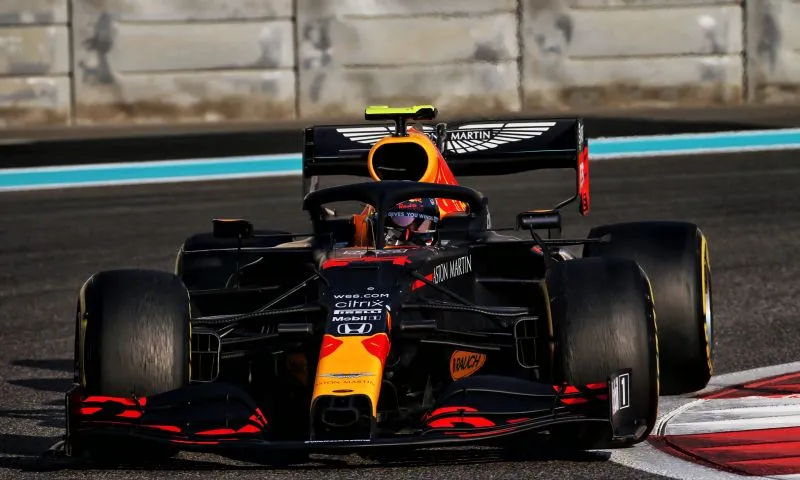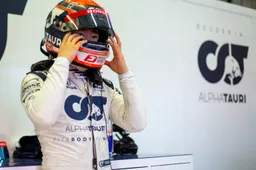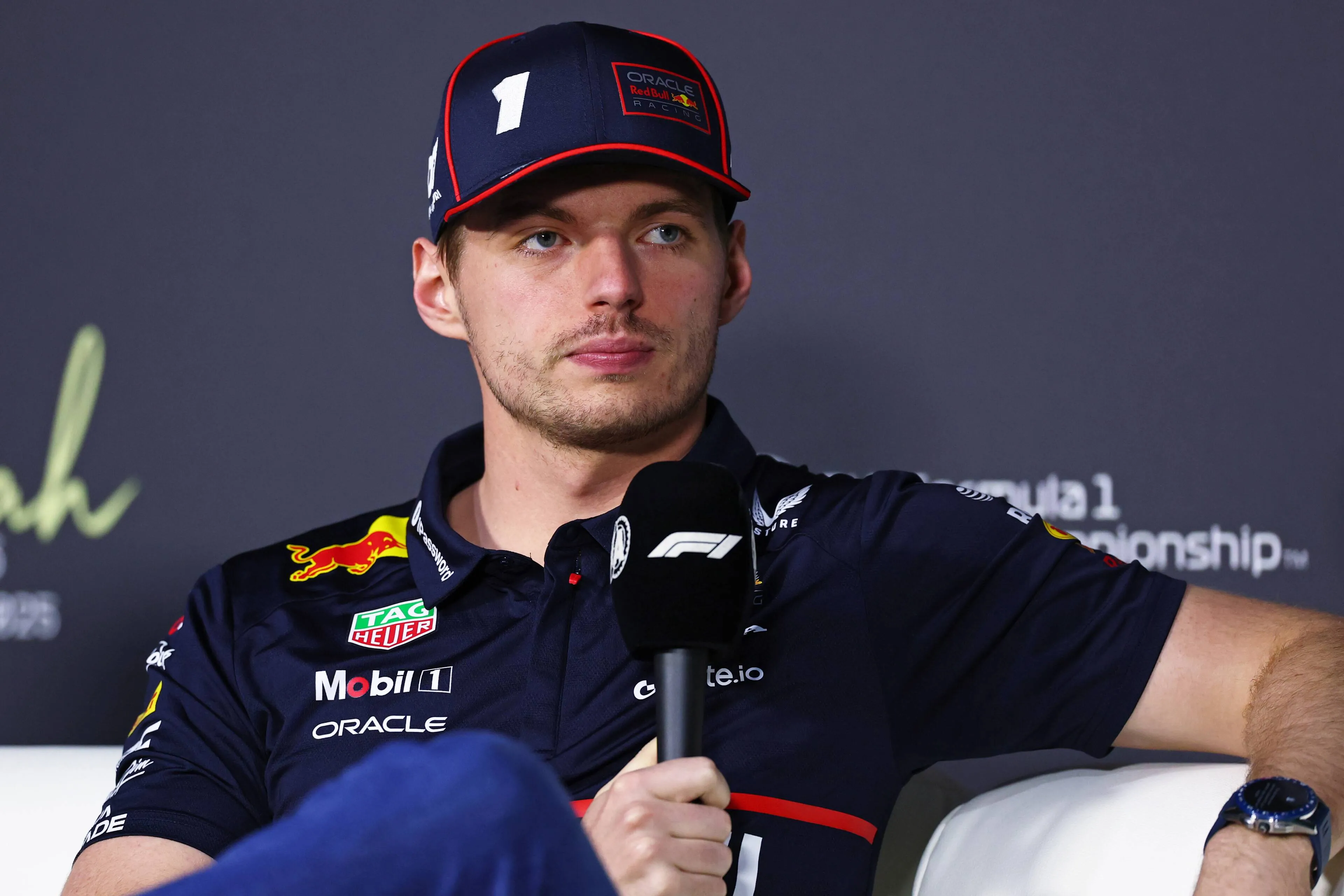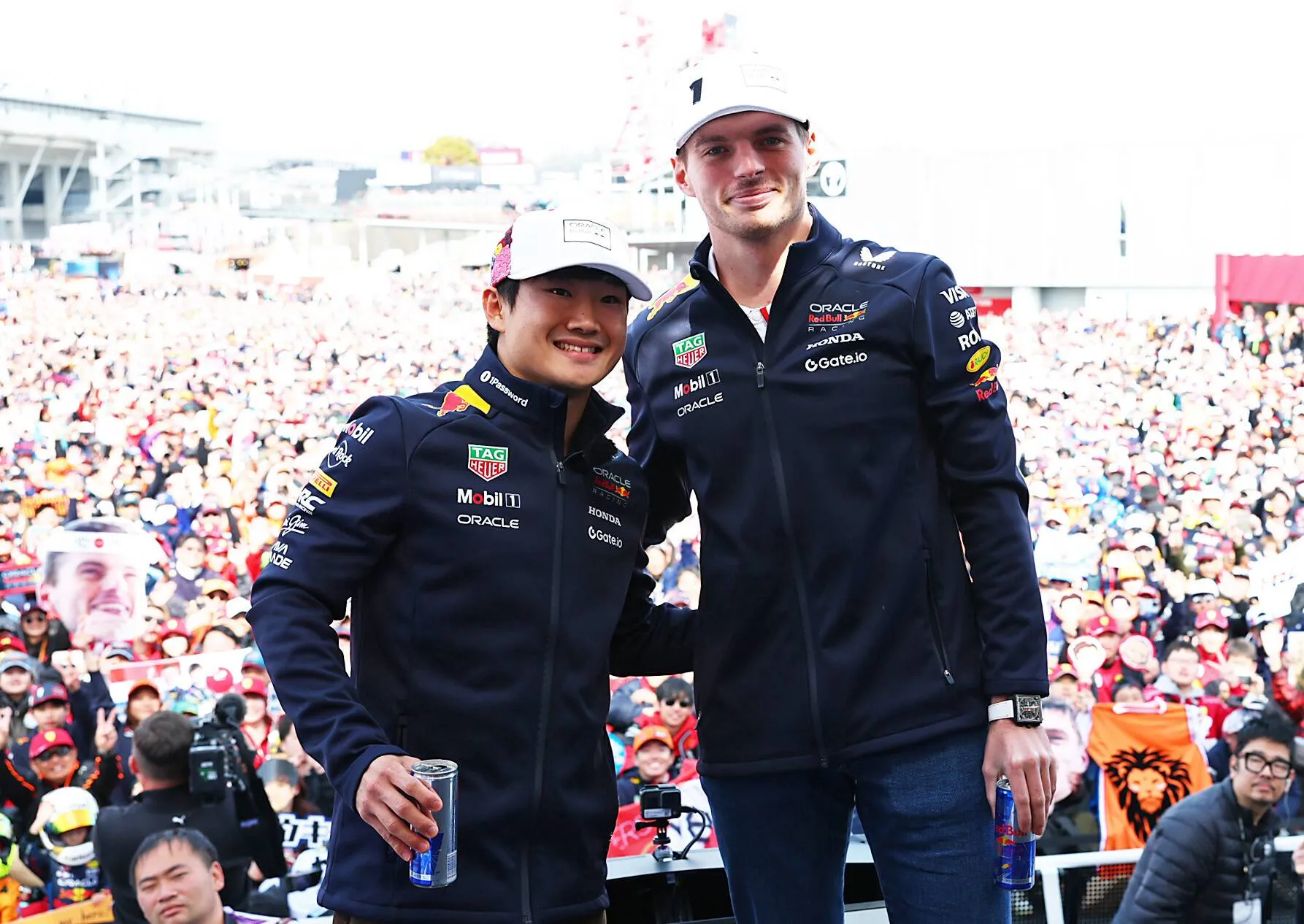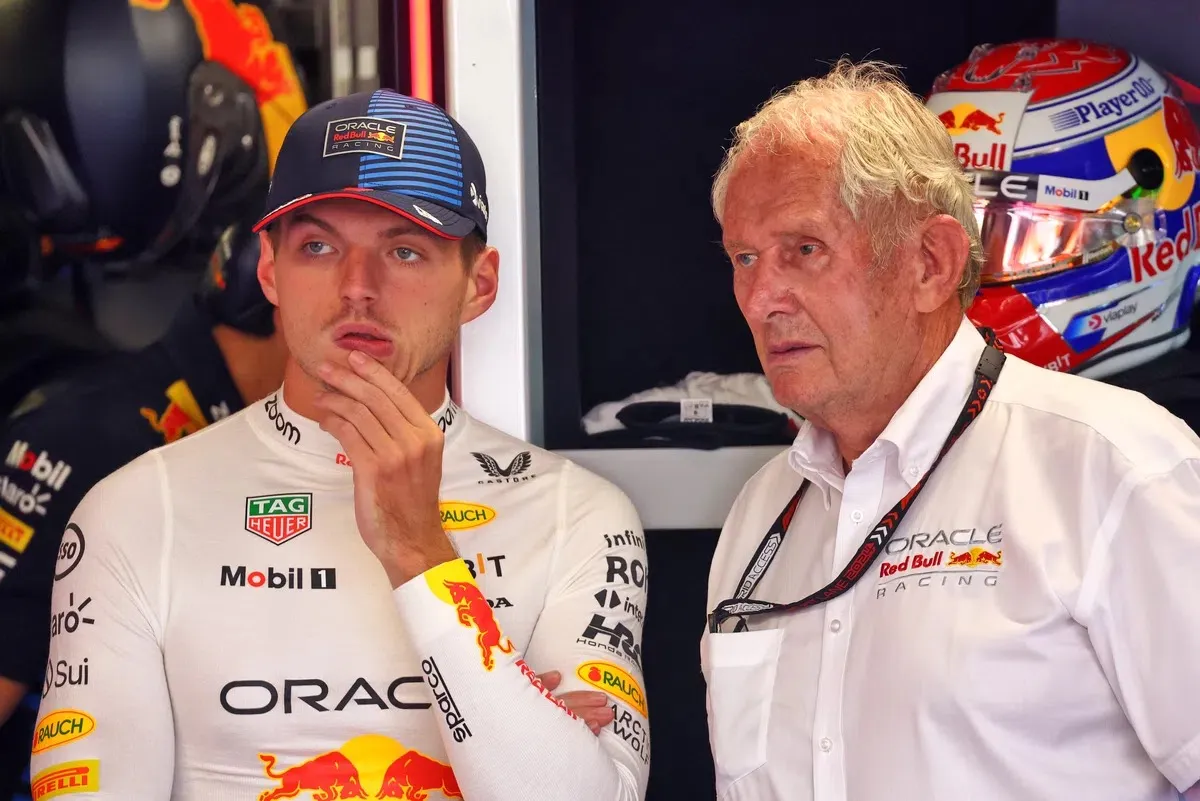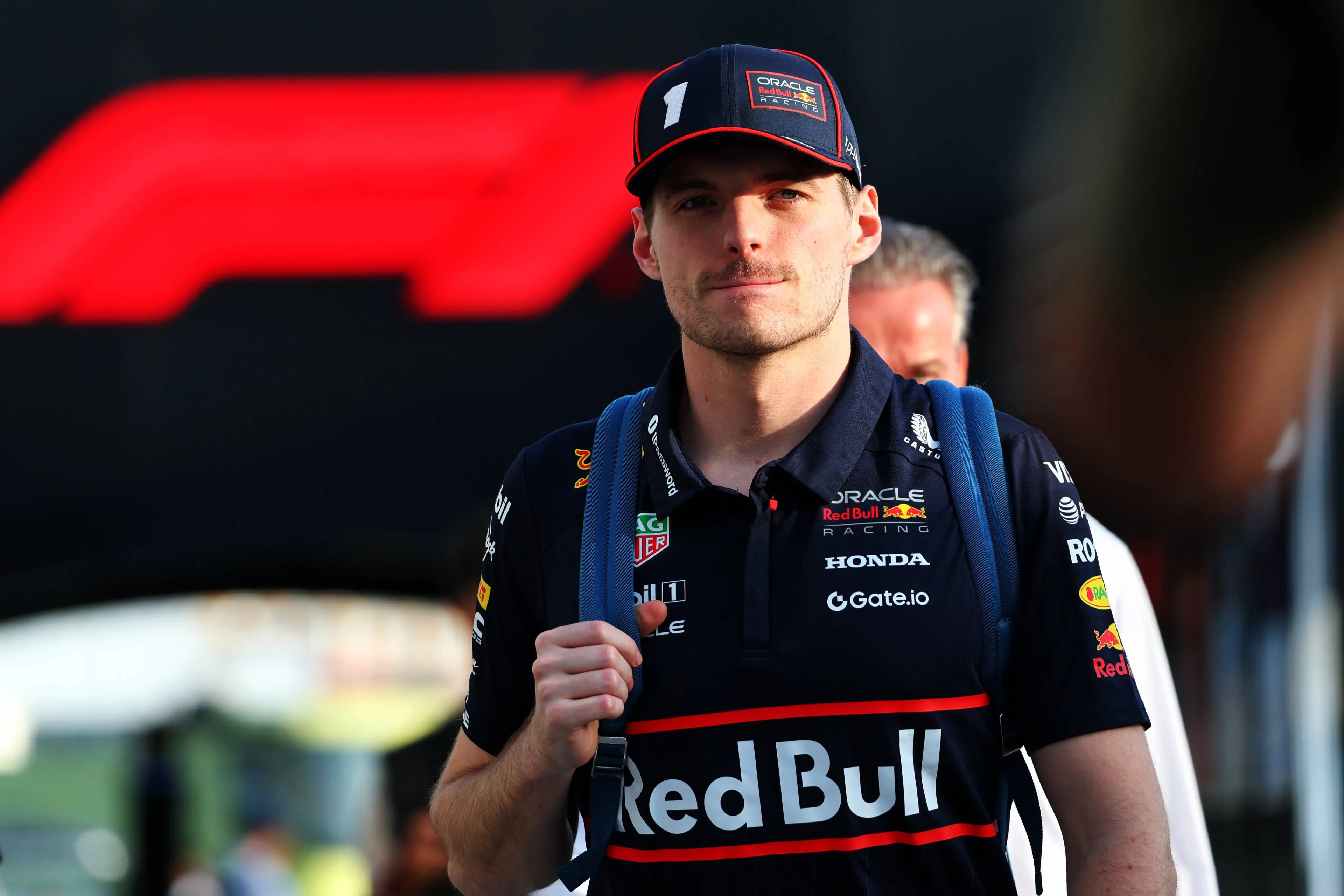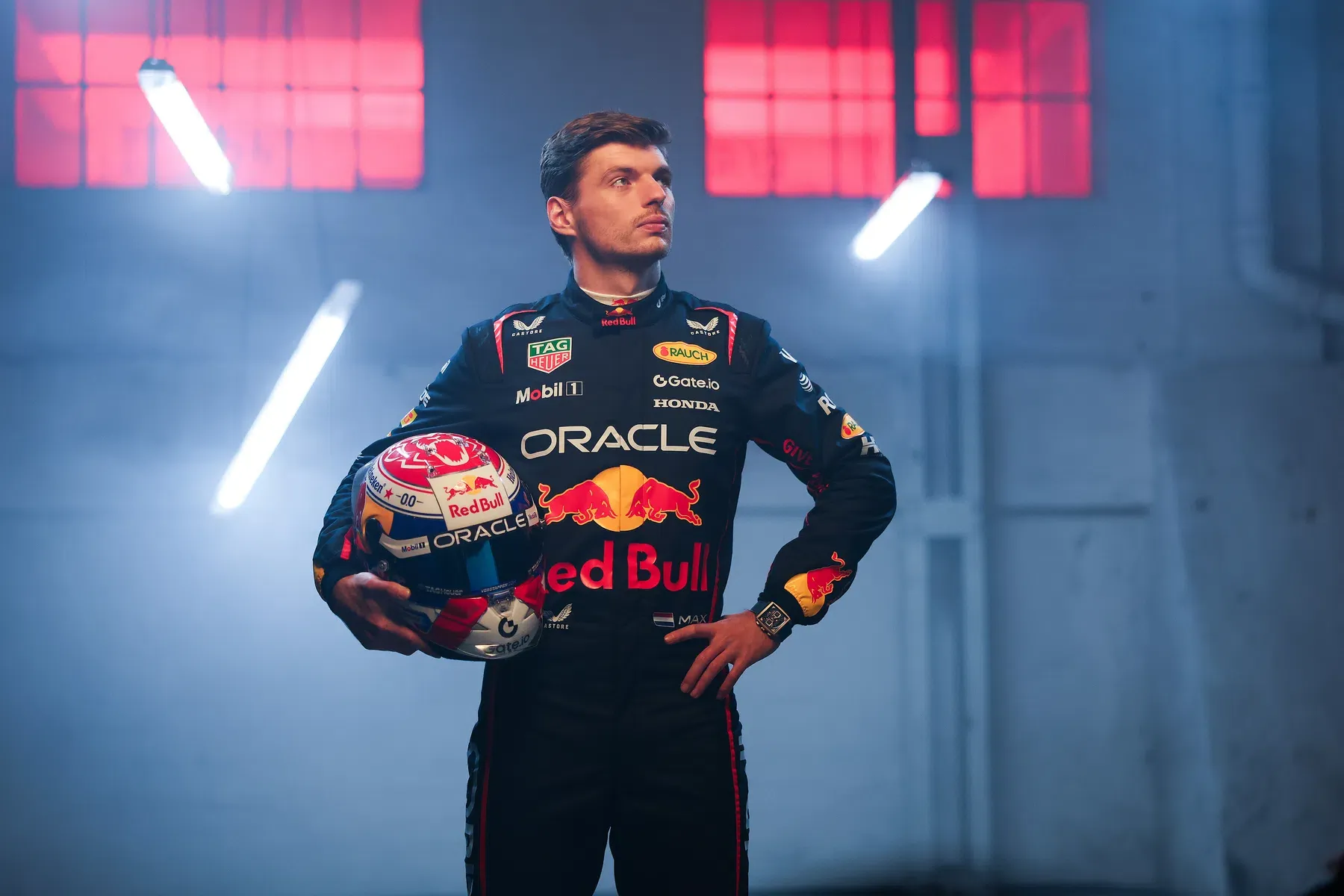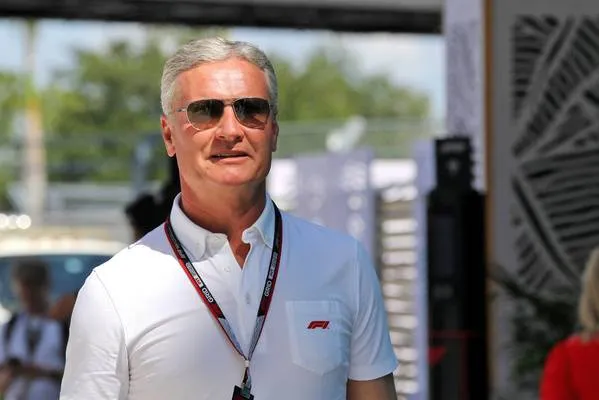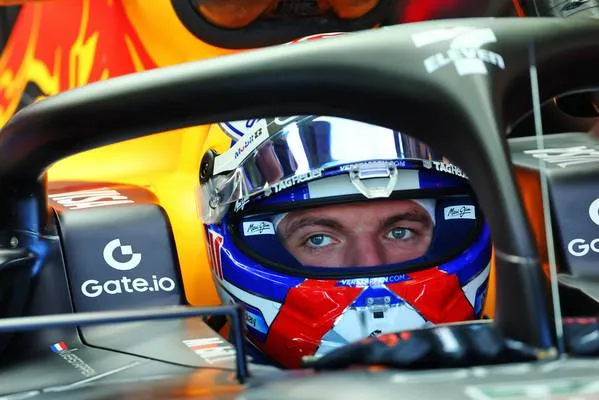With Red Bull Racing taking over the Honda engine project from 2022 onwards, now is the perfect opportunity to take a look back at the long and chequered history of the engines that have graced the Red Bull cars over the years. Who managed to catapult Red Bull to the top and who failed to deliver on the tarmac?
2005 & 2006: Cosworth and Ferrari
Red Bull entered Formula 1 with an engine manufactured and supplied by Cosworth, the same supplier used by predecessor Jaguar Racing. However, after a year, the Cosworth engine was swapped for a Ferrari, another partnership that lasted just a single season.
2007- 2016: Renault
In the Renault era, Red Bull managed to climb up and establish itself as one of the big players in the Formula 1 world. This upward trajectory was marked by the team's first victory in China in 2009 as well as the subsequent dominance of then-Red Bull star Sebastian Vettel in the championship between 2010 and 2013. There seemed to be clear skies ahead, for Red Bull as well as its engine manufacturer.
However, it wasn't long before the relationship with supplier Renault began to turn sour. A major blow to the relationship between the two came in the form of the 2015 Renault engine. A hopelessly substandard car and an expensive season without wins not only left Daniel Ricciardo and Daniil Kvyat in the middle ground for the title race, it also undoubtedly strained the relationship between Red Bull and Renault, even if it was only the beginning of the long-running conflict between the two teams.
2016-2018: TAG Heuer/Renault
The partnership between Renault and Red Bull continued from 2016, in all but name. The engine, which continued to be supplied and produced by Renault, was linked to the TAG Heuer name from 2016 onward. In 2016, also the year Max Verstappen made his debut with the team, RBR experienced a stronger season and the Renault engine seemed relatively more trustworthy. In the following two seasons, however, the Red Bull was plagued by a poorly reliable engine, causing Verstappen to suffer three engine-related DNFs in 2017. Christian Horner and Helmut Marko seemed faced with a difficult choice and made the definitive call in the 2018 season: Red Bull will end its partnership with Renault and partner up with Honda, which was already doing good business elsewhere on the grid, at sister team AlphaTauri.
2019-2021: Honda
The partnership between Honda and Red Bull seemed to start off like a fairy tale: a victory by Verstappen at the Red Bull Ring, the home track in Austria, seemed to have set the tone for the rest of the season. However, the Honda engine failed to close the gap on Mercedes substantially enough to make Red Bull a serious contender for the world title; Horner and Marko had to settle for the occasional victory. A similar situation arose in 2020, when Honda announced its withdrawal from Formula 1 after the 2021 season.
2022: Red Bull
As a series of agreements are already on the table with Honda and both the teams and FIA have agreed on the engine development freeze being in place from 2022, Red Bull seems to have created an optimal situation for the team to be able to incorporate the Honda factory, and finally gain control of its own engine. Time will tell if this will take the team into the history books and solidify their status as a top team, but it will undoubtedly be exciting.
Read more about:
Popular on GPBlog
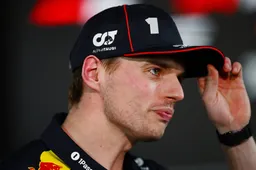
1
Why Verstappen is a top favourite to win the Saudi Arabia GP
1506 times read
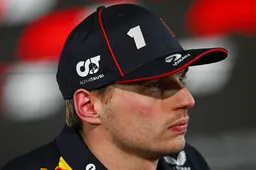
2
Croft gets told to stick to commentating by F1 champion, Verstappen
907 times read

3
Russell sends subtle dig to Norris: "McLaren, in the hands of the right driver, does the job"
595 times read
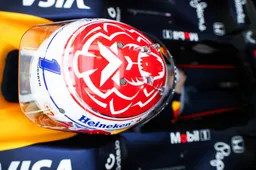
4
Verstappen leaving Red Bull? Franz Tost sees the driver going to this team!
571 times read
